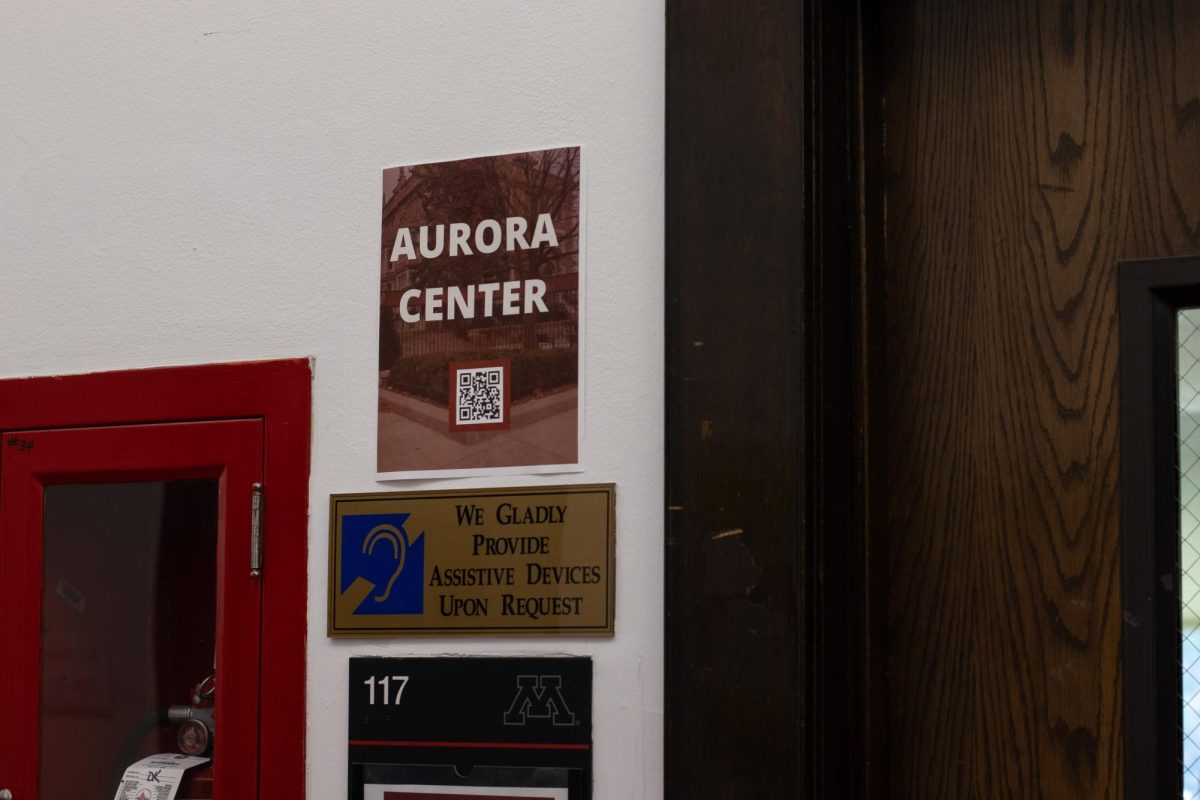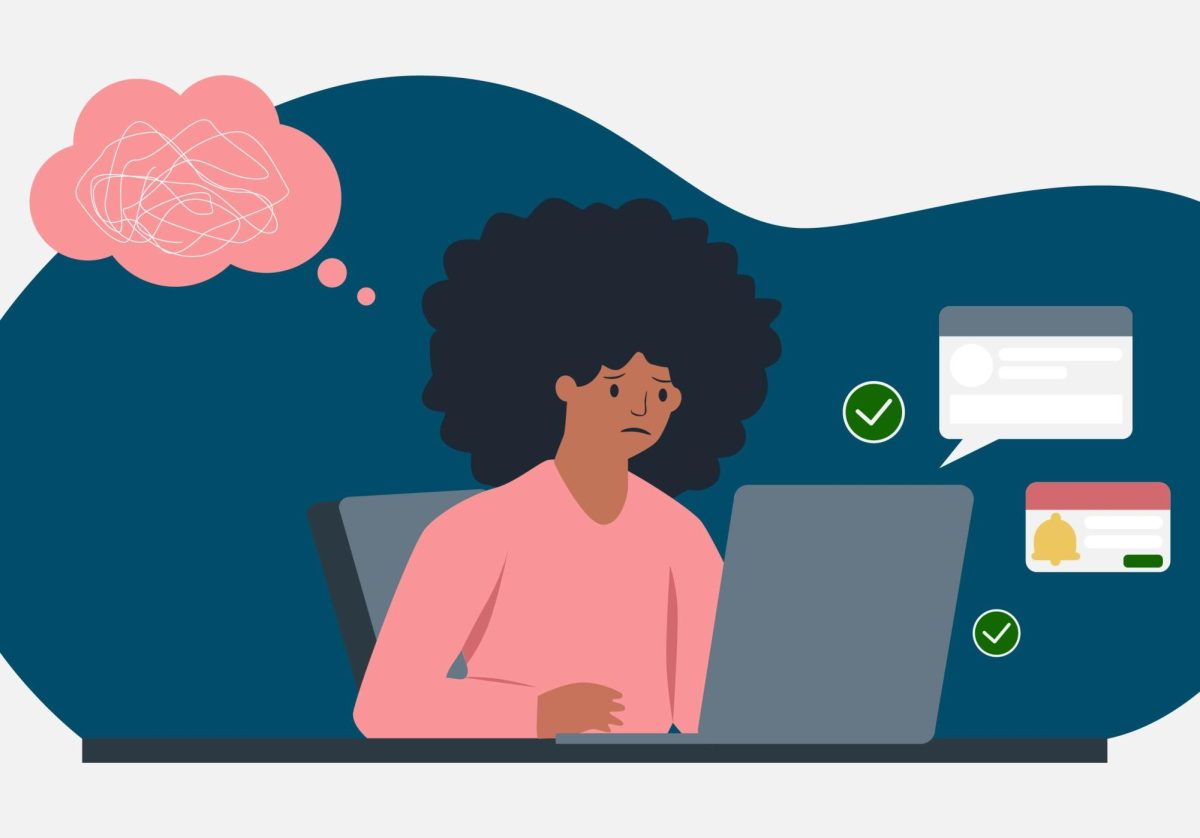How do we help Americans reach and stay in the middle class? Democrats argue in favor of increasing the minimum wage to $15 an hour. Republicans have long argued for tax cuts on the wealthy, which would eventually trickle down (the jury is back; this doesn’t work). In the last few years, there appears to be a new bipartisan solution to help Americans reach and stay in the middle class: universal basic income (UBI).
UBI means different things to different people, but — generally speaking — it means giving cash payments to people without an income or work requirement (hence, universal). This is done either instead of or while cutting down on “in-kind” benefits like food stamps, housing vouchers or other programs. UBI advocates (like me) argue that it would cut down on increasingly large and complicated bureaucracy while simultaneously ensuring we have a sufficient social safety net. It’s a perfect example of both “keep it simple, stupid” and “more bang for your buck.”
Sen. Mitt Romney, a Republican from Utah and the GOP’s 2012 presidential candidate, is pushing for a program like this called the Family Security Act. His deficit-neutral proposal calls for $250 monthly payments to parents of children ages 6-17 and $350 payments for parents of children ages 0-5. It meets all the requirements for a UBI-like system:
1) It simplifies the system by consolidating the Earned Income Tax Credit and Child Tax Credit.
2) It is a monthly cash payment.
3) It is nearly universal. Romney’s plan doesn’t begin phasing out payments until individuals exceed $200,000 per year or couples exceed $400,000 per year.
Then comes St. Paul Mayor Melvin Carter. St. Paul will give selected families $500 per month with no strings attached, a plan they are calling the “People’s Prosperity Pilot.” It’s a trial-run to see if UBI will work, but studies have already shown that it works in other nations.
Former Democratic presidential candidate Andrew Yang had a similar proposal that he called a “Freedom Dividend.” It would give every — yes, every — American at least 18 years old $1,000 per month. Yang likely gained much of his momentum in the 2020 Democratic primary due to this unique proposal, and 42% of Yang supporters said they wouldn’t vote for any other Democrat that would become the nominee. This confirms that UBI has widespread support from people of every political ideology, as Yang primary voters may have been swayed to vote for Trump or a third party in the general election.
Yang’s UBI proposal likely led to stimulus checks being a key part of COVID stimulus bills. They are simple, widely popular, effective and have bipartisan support — exactly how I see UBI ending up in the future.
And as far as bipartisan support, there are many reasons why every corner of the electorate should desire a UBI.
To conservatives and libertarians:
I can already sense the incoming comments. Along with Romney, Carter, Yang and others, I am a socialist second-coming of Karl Marx. Far from it. This proposal is what would save capitalism. Capitalism doesn’t work if the masses don’t have money to spend. This solves that problem automatically. The poor have money for necessities, and the middle class has extra cash that could immediately go back into the economy, whether it be to complete a much-needed car repair, have an occasional night out, etc. This then leads to these businesses expanding, hiring more workers… Sounds like a pro-small business, capitalistic proposal to me.
Then comes the argument that workers will work less. However, in Finland, a study showed that UBI recipients worked the same number of days as non-UBI recipients (since they can still receive a payment if they work) were healthier and less stressed. This disproves the theory that giving people cash would disincentivize work. If anything, the status quo disincentivizes work. Unemployment insurance is obvious — payments stop when you start working again — but the same is true for other means-tested welfare recipients. Make too much money, and risk losing welfare payments.
To progressives and liberals:
There are many ways in which UBI would be a win for progressives as well. Given a 2000-hour work year, a $1000 per month UBI would act as a $6 per/hour raise for everyone, not just those working a minimum wage job. UBI would give low-wage workers something to fall back on, instantly giving labor unions more bargaining power.
UBI is a bipartisan solution to curbing poverty. I’m not naive enough to think that people from every part of the political spectrum will come to the same dollar amount. I favor a $1000 per month UBI and wish to preserve and implement some other social programs, but certainly, some progressives will want more, and some conservatives will want less. Nonetheless, UBI needs to be brought even further into the mainstream discussion when trying to help Americans reach and stay in the middle class.
Ending poverty — along with maintaining a robust middle class — would be a good first step in genuinely having the freedom of opportunity. That much is simple, but how we achieve it has long been complicated. UBI shows that maybe, just maybe, it doesn’t have to be that way. Keep it simple, like Romney, Carter and Yang. Just give the people money.













